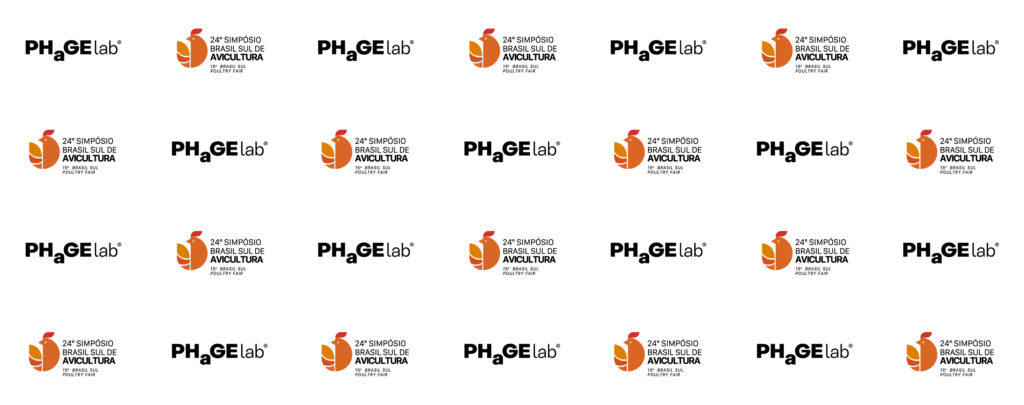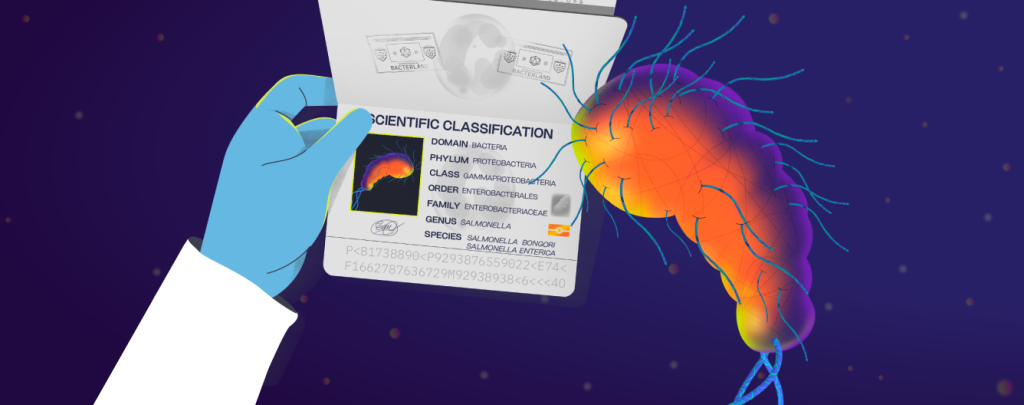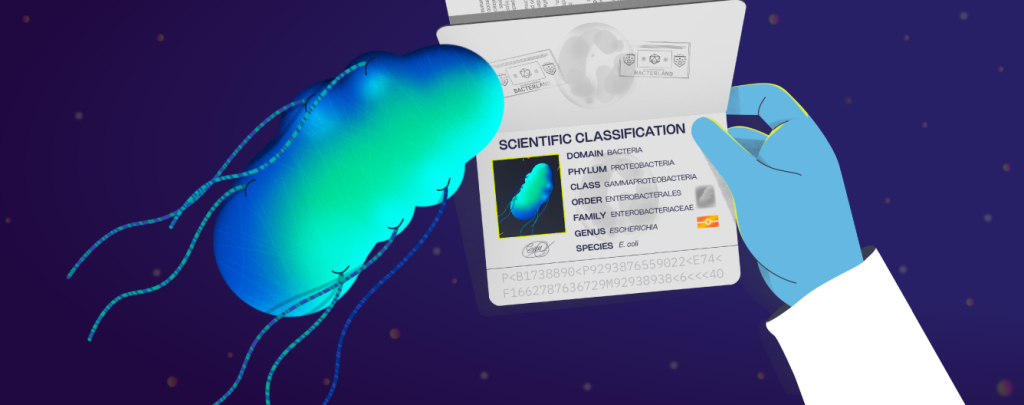Bacteria are microorganisms that are ubiquitous, from the deepest oceans to the highest mountains, and even in our intestines. They are unicellular, which means they consist of only one cell (to imagine their scale, there are about 37 trillion human cells in your body!).
![]() Not every bacteria is harmful, but the ones that are, frequently become difficult to control and can be dangerous.
Not every bacteria is harmful, but the ones that are, frequently become difficult to control and can be dangerous.
Bacterial infections can be especially prevalent in intensive animal production. Disease occurs when pathogenic bacteria in the animal body increase in number, and they can cause symptoms such as vomiting, fever, diarrhea, or even death.
Some common ways bacteria enter the body are through the mouth, eyes, nose, or through wounds that breach the skin barrier. These infections can spread and be transmitted to humans and to other animals.
![]()
Since there is a huge diversity of bacterial species, there are also multiple clinical manifestations associated with some of them; two of the most relevant bacterial pathogens in animals are Escherichia coli and Salmonella spp.
Antibiotics are commonly used to treat these diseases, which brings a big problem to the table today: antimicrobial resistance (AMR).
Fortunately, there are alternatives to the excessive use of antibiotics and one of them is bacteriophages. Bacteriophages are viruses that are the natural predators of bacteria and can also be found in nature. At PhageLab®, we have bacteriophage-based products for the intensive animal production industry to control both Escherichia coli and Salmonella spp.
To learn more about what we do, explore our website!
PhageLab® is registered as a trademark in Chile, Brazil, Peru, Mexico, Europe and United Kingdom.










